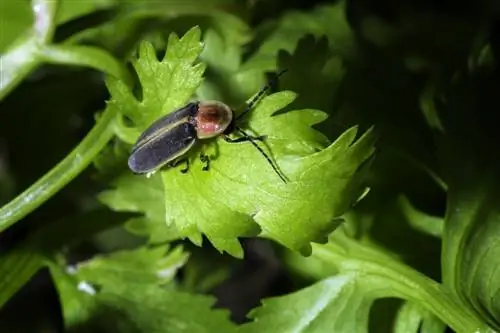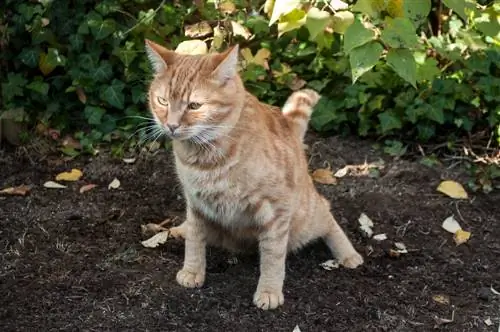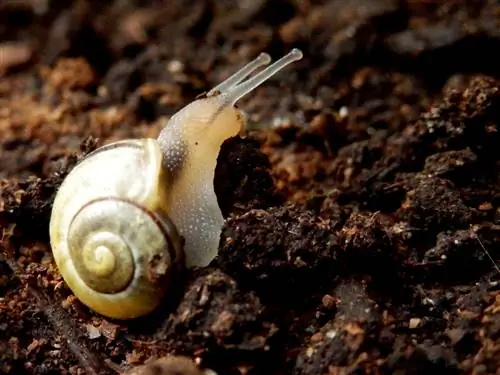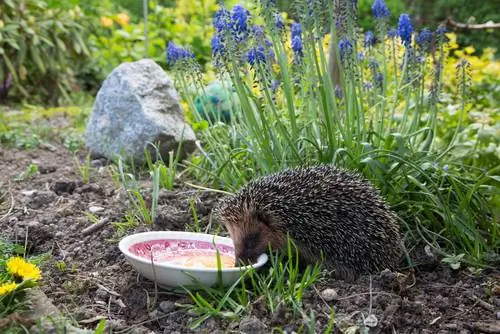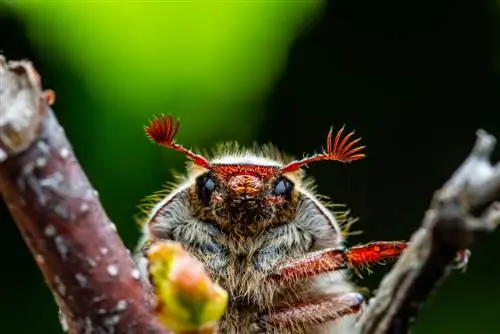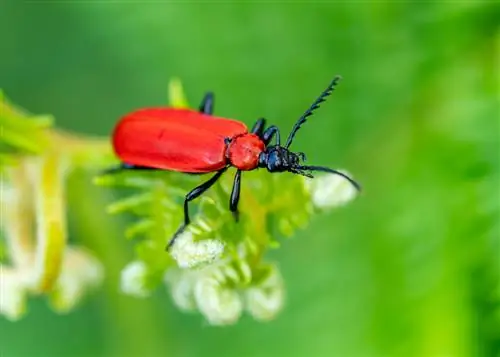- Author admin [email protected].
- Public 2023-12-16 16:46.
- Last modified 2025-06-01 06:02.
They answer to the names ladybugs, ground beetles, fire beetles and fireflies. Numerous beetles provide the gardener with effective assistance in the fight against pests and diseases. When species such as bark beetles or Colorado potato beetles cause damage, humans are usually responsible for the causes. These tips show where the differences lie and why some beetles are misunderstood.
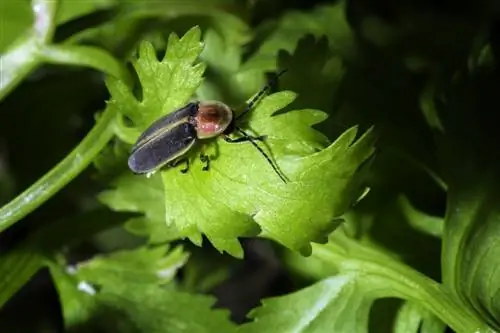
How do you attract beneficial beetles to the garden?
Beetles in the garden are useful helpers, such as ladybirds and ground beetles, which fight aphids and snails. To attract them, offer refuges such as upturned flower pots with straw, piles of leaves, mixed hedges and old tree trunks, and avoid chemical pesticides.
Ladybirds and ground beetles eat the bad guys - this is how you attract the beneficial insects
Because their way of life appeals to a gardener, ladybirds, ground beetles and other species are declared beneficial insects. Their beneficial activity consists in the fact that they destroy countless aphids, like the seven-spot ladybird, or hunt for snails, like the firefly. To ensure that you have a large group of helpful beetles at your side in ecological plant protection, important framework conditions must be created in the garden. This is how you attract the beneficial insects:
- For ground beetles, fill old flower pots with straw and place them overhead as a retreat
- Create piles of leaves and mixed hedges as a refuge for ladybirds and other beetle species
- Leave old, rotten tree trunks in the garden to invite the fire beetle and its companions
The consistent avoidance of chemical pesticides attracts countless beneficial insects to your garden over time, such as beetles, bees, bumblebees, butterflies, birds and other small animals. The ecological balance benefits from this, so that problems that arise in the cultivation of ornamental and useful plants do not even occur or can be remedied with simple home remedies.
Pests by definition - these beetles are better than their reputation
They spread fear and terror in fields and forests. Colorado potato beetles, bark beetles, black weevils and other species are decried as pests and are controlled with tons of toxic insecticides. If beetles cause damage, we humans are responsible for it. The Colorado potato beetles were introduced from America and the explosive spread of the bark beetle is caused by unnatural monoculture.
Until their involuntary resettlement to Europe, Colorado potato beetles led a quiet, peaceful life that caused no problems. Mother Nature has also given the bark beetle an important task for the ecosystem. In the he althy mixed forest, it works diligently to decompose organic material and make it available to other plants as humus.
These few examples already show how you can effectively protect your garden from a beetle plague. A he althy mixed culture, coupled with a species-rich population of beetles, insects, birds and small animals, creates ecological balance. A he althy ecosystem regulates threats from pathogens on its own in no time.
Tip
It's not just from the ranks of beetles that you get powerful support in poison-free plant protection. If the mole finds its way into your garden, it will hunt underground for voracious insects. Instead of driving away the busy burrowers, you benefit twice from cooperation. The soil of a molehill is so fine and nutritious that it replaces any high-quality and expensive potting soil.

